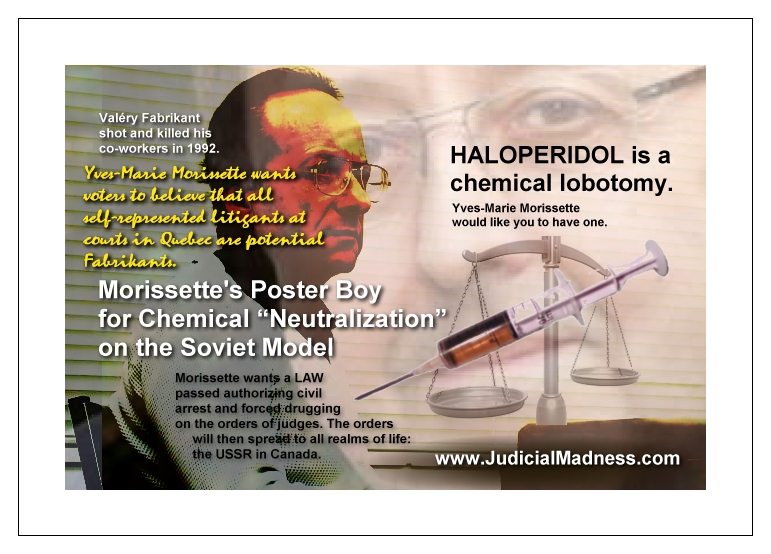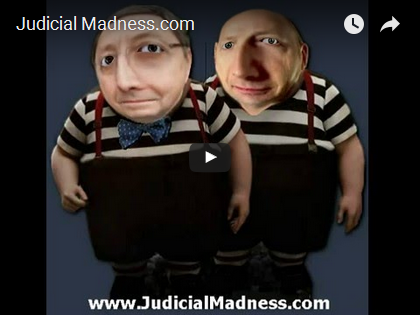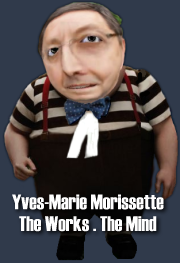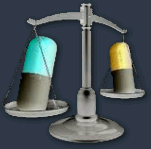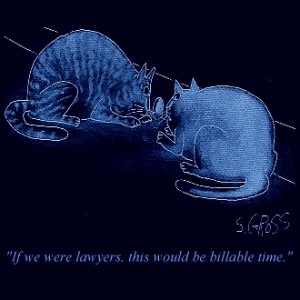Vexatious -vs- Frivolous Litigation
GLOSSARY
Vexatious -vs- Frivolous Litigation
Source: Joan Donnelly, “Inherent Jurisdiction and Inherent Powers of Irish Courts”, Judicial Studies Institute Journal, 2009:2, 122. NB: bold and underlines have been added by the Editor of Judicial Madness.
EXTRACT
/ 158
C. Preventing Abuse Of Process
1. Where Proceedings are Frivolous, Vexatious, Oppressive or Groundless
A court has power to stay proceedings which are frivolous or vexatious.138 Although Irish judges use the words “frivolous” and “vexatious” interchangeably, Jacob enunciates a distinction between the terms, citing illustrative case-law.139 Thus, frivolous proceedings arise where a litigant trifles with the court,140 or where the entertainment of proceedings would constitute a waste of time,141 or when a claim is not backed by a rational argument.142 On the other hand, proceedings are considered vexatious where they are without foundation, or cannot possibly succeed, or have as their purpose some ulterior or improper purpose143. It is in this latter sense that Irish courts have invoked their power to strike out frivolous and vexatious claims. Thus, it has been held that a court may dismiss a claim where the proceedings disclose no reasonable cause of action or, where, on the uncontested facts, the plaintiff is bound to fail.144 In such instances, the court is empowered to go behind the pleadings and hear evidence on affidavit in order to determine the true facts of the case.145 The power to strike out a claim must be exercised sparingly and only in clear cases146 though, it has been held that where there is no evidence whatsoever to support the claim, the court should not shirk from exercising the power.147
______
138 Barry v. Buckley [1981] I.R. 306.
139 Jacob, “The Inherent Jurisdiction of the Court” (note 1 above).
140 Chaffers v. Goldsmid [1894] 1 Q.B. 186.
141 Dawkins v. Prince Edward of Saxe Weimar (1876) L.R. 1 Q.B.D. 503.
142 Addis v. Crocker [1961] 1 Q.B. 11.
143 Willis v. Earl Beauchamp [1886] 11 P.D. 59.
144 Sugg v. Legal Aid Board [2009] I.E.H.C. 348.
145 Goodson v. Grierson [1908] 1 K.B. 764.
146 Sun Fan Chan v. Osseous Ltd. [1992] I.R. 425, at 428.
147 Supermacs Ireland Ltd. v. Katesan (Naas) Limited [2004] 4 I.R. 273.
Ed. Judicial Madness: Keep in mind, the courts of Quebec are not “a” court anywhere. They are subject to the constitution, and to valid legislation by both the federal and provincial lawmakers. As well, in Quebec, there is the Civil Law with its Civil Code and Code of Civil Procedure, which set parameters that may be different than the default parameters of other courts elsewhere in terms of inherent power, and inherent jurisdiction. Before assuming that a court in Quebec has the same “inherent power”, or that, in a separate case it has the same “inherent jurisdiction” as another court elsewhere, the specific situation of Canada (division of powers between the federal and provincial levels) and of Quebec (Civil Code) needs to be taken into account in the analysis.
